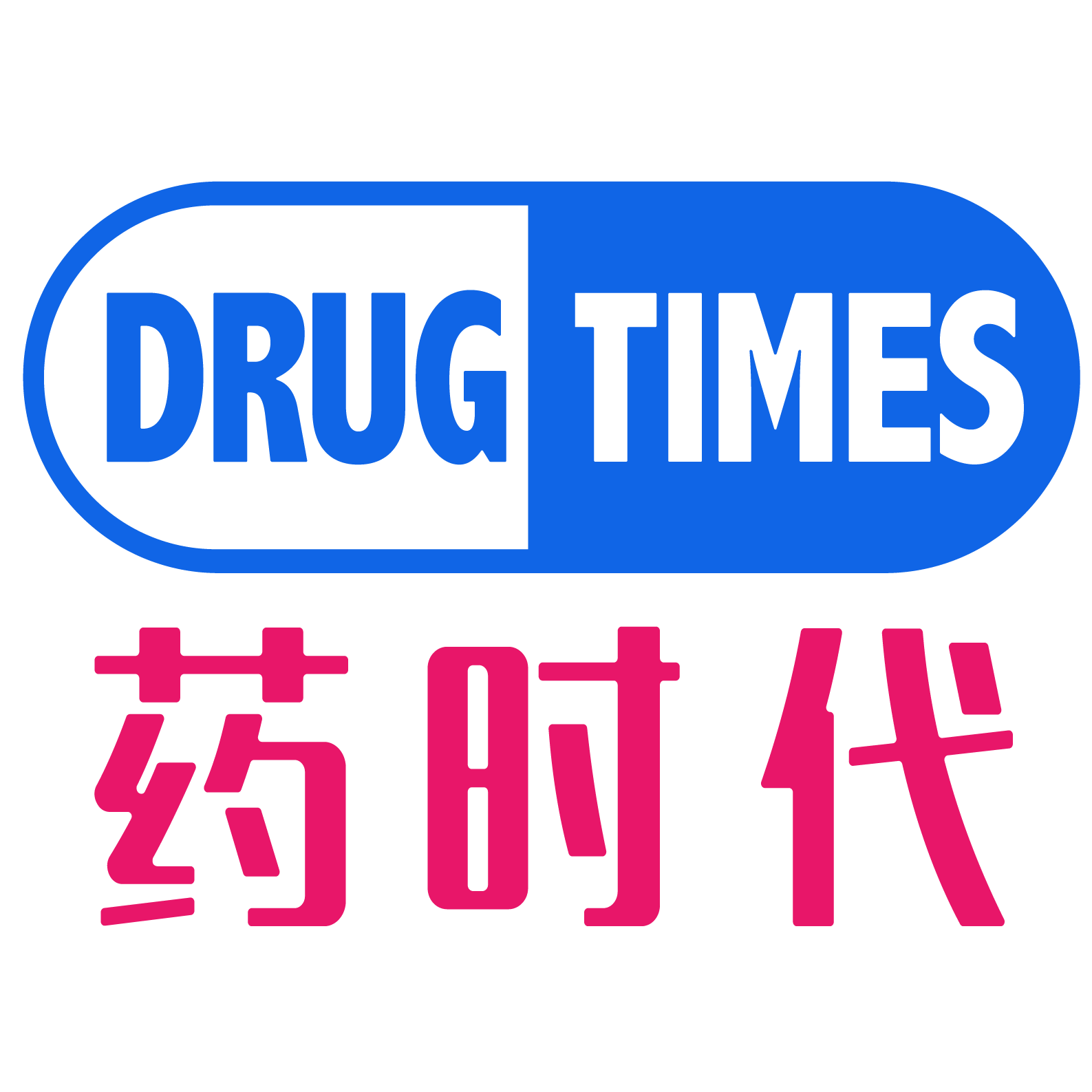In the past, companies in the biopharmaceutical industry have experienced countless ups and downs. Some have fallen due to the failure of clinical trials, while others have quietly exited the stage because of a lack of funding. Whenever the stories of these companies or products are documented, a recurring question emerges: Will this company have a chance to turn things around?
The experience of BridgeBio answers this question. This biotech company, which had a peak market value of nearly ten billion dollars, saw its stock price plummet by 72% after the failure of a pivotal Phase III clinical trial for a key drug. However, in an unexpected turn of events, two years later, the company began to show signs of recovery, with its stock price rising again to $36.80, reaching its highest point in nearly a year. Today, its core product, Attruby (Acoramidis), has seen rapid uptake since its launch, with a dramatic increase of nearly 600 prescriptions in a single month, adding a dramatic footnote to this biotech’s phoenix-like rebirth.
From Birth to Glory
In 2015, Andrew W. Lo, a finance professor at MIT, ventured into a new field by founding BridgeBio. The name “Bridge” was chosen to symbolize a connection, as Lo aimed to create a bridge through an entrepreneurial engine that links significant advancements in genetic science with patients who have unmet medical needs.
Before entering the biopharmaceutical sector, Lo had accumulated extensive experience in the financial industry. In the BridgeBio venture, he fully leveraged this advantage. His core business model was to use BridgeBio (the parent company) as a hub to incubate multiple subsidiaries focused on different disease areas. Each subsidiary had the autonomy to operate independently while sharing the parent company’s financial resources, technology, and commercialization capabilities. According to BridgeBio’s 2019 annual report, the company had eight wholly-owned biopharmaceutical subsidiaries and controlled 17 other companies (holding over 50% of the shares with voting rights).
This “decentralized innovation” model significantly accelerated the translation of scientific research into clinical applications. Within less than four years of its founding, BridgeBio established 21 core pipelines targeting rare diseases such as molybdenum cofactor deficiency, Gorlin syndrome, and dystrophic epidermolysis bullosa (DEB), with four pipelines advancing to Phase III clinical trials.
In 2019, BridgeBio reached its peak, going public on NASDAQ as the “largest Biotech IPO of the year,” enjoying unparalleled success. It is reported that BridgeBio issued 20.5 million shares of common stock at a price of $17 per share, raising $348.5 million. The stock closed up over 62% on the first day, reaching $27.55 per share.
However, this glory did not last long. Just over a year after going public, BridgeBio’s stock price plummeted due to clinical trial failures.
The Darkest Hour Arrives
In December 2021, BridgeBio faced the biggest crisis since its inception—the 12-month results of the Phase III ATTribute-CM study for its core product Acoramidis failed to meet expectations. On the day the news was announced, BridgeBio’s stock price plummeted by 72%, reducing its market value to $1 billion.
Acoramidis is BridgeBio’s core pipeline product, a next-generation oral transthyretin stabilizer developed for the treatment of transthyretin amyloid cardiomyopathy (ATTR-CM). There is a significant unmet market demand in this disease area, and for a long time, Pfizer’s tafamidis (approved by the FDA in May 2019) was the only available option.
Both the industry and patient communities had high expectations for Acoramidis. On one hand, considering the revenue generated by Pfizer’s tafamidis product portfolio ($5.4 billion in 2024), Acoramidis, as a next-generation product comparable to tafamidis, was likely to achieve similar financial success. On the other hand, the market for ATTR-CM is indeed substantial. According to a report by Grand View Research, the global market size for ATTR treatment drugs is expected to grow at a compound annual growth rate (CAGR) of 7.6% from 2022 to 2030, reaching $9.17 billion by 2030, with ATTR-CM treatment accounting for over 80% of the market. Additionally, as the aging population increases, the incidence of wild-type ATTR-CM is on the rise.
After the clinical trial failure of its core pipeline, skepticism toward BridgeBio reached an all-time high, with its stock price once falling to $4.78.
When compounded by the pandemic and the onset of a pharmaceutical winter, BridgeBio clearly struggled to hold its ground. In 2022, BridgeBio successively announced layoffs and pipeline cuts.
A Turnaround Is on the Horizon
BridgeBio’s resurgence is still closely tied to the drug Acoramidis.
After the 12-month study results fell significantly short of expectations, BridgeBio did not abandon further research on the drug. In July 2023, BridgeBio announced the 30-month long-term data from the ATTribute-CM study. The results showed that compared to the placebo group, patients in the Acoramidis group had a significantly lower all-cause mortality rate and a reduced risk of cardiovascular hospitalization. Additionally, there were statistically significant improvements in the 6-minute walk distance and quality of life for patients, with the study achieving its primary endpoint.
With the support of this study data, Acoramidis was successfully approved by the FDA for marketing in November 2024 and recently received marketing approval from the EMA.
According to BridgeBio’s 2024 annual report, its total revenue for the year was $221.9 million, an increase of $212.6 million year-over-year. Of this amount, $2.9 million came from Acoramidis sales, and $207.7 million was from upfront payments and service income confirmed through exclusive licensing and collaboration agreements with Bayer (for Acoramidis) and Kyowa Kirin (for Infigratini). The company currently holds a total of $681.2 million in cash on its balance sheet.
Looking ahead to 2025, Acoramidis remains the most anticipated product for BridgeBio. According to the company, following approvals in the United States and Europe, the drug is expected to gain marketing approval in Japan in the first half of 2025. As with Europe last year, the commercialization rights for the Japanese market may also be licensed out, similar to the exclusive commercialization rights granted to Bayer in Europe.
Additionally, the latest news indicates that as of February 17, the number of Acoramidis prescriptions has reached 1,028, a significant increase from the 430 prescriptions announced at the J.P. Morgan Conference.
This means that in just one month, the number of prescriptions has increased by nearly 600.
Boosted by this positive news, BridgeBio’s stock price has been on an upward trajectory this week, reaching $36.80, the company’s highest stock price in nearly a year.
Everything is looking up.
Epilogue
BridgeBio is a microcosm of the many struggling biotechs—where science and capital intertwine, and hope coexists with risk. During its low point, the company was able to cushion the blow with other pipelines from its subsidiaries. Later, it restarted its future through perseverance with its core pipeline and the resilience to navigate through the trough.
【Editor’s note】The above content (~6500 words) is a quick translation of a Chinese article (posted on 2025-2-21) by DrugTimes team. To read the original article, please click here. All comments are warmly welcome. Many thanks!
发布者:DrugTimes001,转载请首先联系contact@drugtimes.cn获得授权

 为好文打赏 支持药时代 共创新未来!
为好文打赏 支持药时代 共创新未来! 
